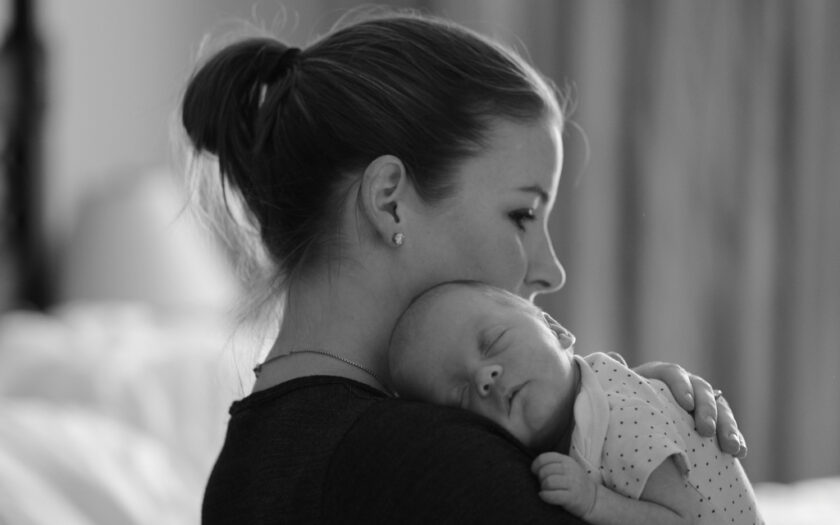Helping Your Family Through a Divorce
Divorce can be a challenging time for the entire family. Here’s how you can support your kids and manage the process effectively:
Helping Kids Manage Their Feelings
- Encourage Open Communication: Create an environment where your child feels comfortable sharing their feelings about the divorce. Listen actively and validate their emotions without necessarily trying to solve their problems. For instance, if they say they’re sad, acknowledge their feelings by saying, “I understand that you’re feeling sad right now.”
- Model Healthy Coping: Demonstrate how to manage difficult emotions. If you’re feeling sad, explain it to your child and show them how you cope. For example, “I’m feeling sad today, but talking to friends helps me feel better. Let’s go for a walk together.”
- Avoid Forcing Happiness: Allow your child to experience and express their feelings authentically. Trying to force them to be happy might discourage them from sharing their true feelings.
- Be Ready for Long-Term Impact:** Understand that the effects of divorce might not be immediate. Kids may show signs of distress later, such as changes in behavior or mood. Continue to communicate openly and provide support as they process the changes.
- Provide External Support:** Consider group programs for children of divorce. These can offer additional support and allow kids to connect with peers in similar situations.
Taking the High Road
- Keep Conflicts Private: Avoid speaking negatively about your ex in front of your children. Research shows that parental conflict can significantly affect a child’s adjustment to divorce. Strive to keep disputes away from the kids.
- Acknowledge Real Events: Be honest about the changes happening, but maintain neutrality. For example, if a parent moves out, acknowledge the fact without criticizing their actions.
- Avoid Using Kids as Messengers: Don’t involve your children in communication between you and your ex. This can create additional stress for them. Use other methods to handle communication and respect their role as children, not messengers.
- Prepare for Adjustments:New partners and blended families can create additional challenges. Allow time for everyone to adjust, keep communication open, and ensure your child feels secure and valued in their relationships with both parents.
Getting Help
- Seek Support: Engage with friends, family, or support groups like Parents Without Partners to navigate the emotional and practical challenges of divorce. Support from others can provide valuable perspectives and assistance.
- Seek Support:Engage with friends, family, or support groups like Parents Without Partners to navigate the emotional and practical challenges of divorce. Support from others can provide valuable perspectives and assistance.
- Take Care of Yourself: Managing your own stress is crucial. Seek support when needed, maintain some family traditions, and create new positive experiences. Your well-being will positively impact your child’s adjustment.
- Foster Resilience: Show your child how to care for their mental and physical health. Demonstrating resilience and self-care can help them cope better with the changes in their lives.
By fostering open communication, managing your own emotions, and seeking support, you can help your family navigate the challenges of divorce more smoothly. Honesty, sensitivity, and self-awareness will aid in the healing process for everyone involved.



